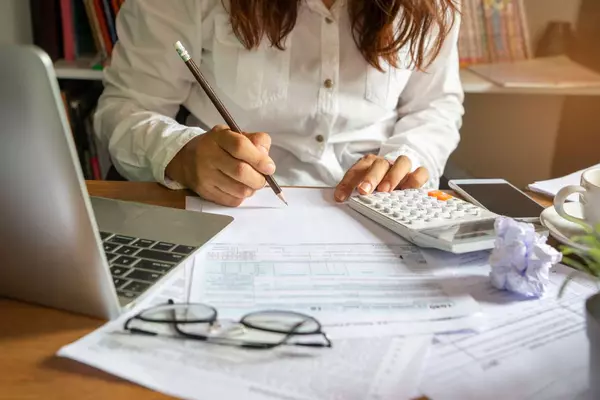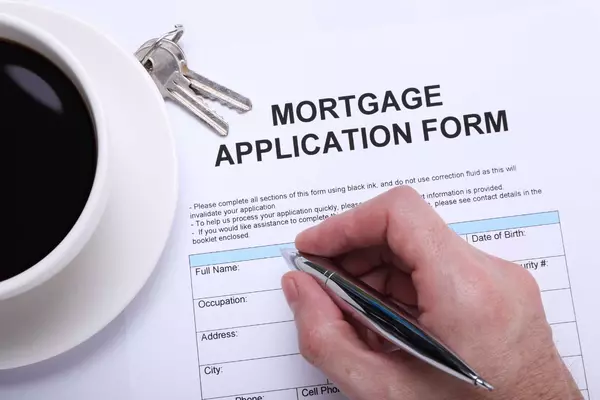Escrow Accounts: The Key to Hassle-Free Homeownership

When purchasing a home, buyers often encounter terms that may seem unfamiliar, one of which is an escrow account. While the concept of escrow might initially seem complex, it plays a crucial role in homeownership and loan management. This guide will break down what an escrow account is, how it works, and why it benefits both homeowners and lenders.
What is an Escrow Account?
An escrow account is a separate account that holds funds for specific homeowner-related expenses, such as property taxes and homeowners insurance. It is typically set up by the mortgage lender to ensure that these essential payments are made on time.How Does an Escrow Account Work?
Once a homeowner closes on their mortgage, they begin making monthly mortgage payments, which often include a portion designated for escrow. These funds are collected by the lender and held in the escrow account until property tax and insurance payments are due. The lender then disburses these payments on behalf of the homeowner.Why Do Lenders Require an Escrow Account?
Lenders require escrow accounts as a safeguard to ensure that property taxes and insurance premiums are paid in full and on time. This protects both the homeowner and the lender by preventing lapses in insurance coverage or tax delinquencies that could lead to penalties or even foreclosure.What Does an Escrow Payment Include?
Your monthly escrow payment is typically included in your mortgage payment and consists of:- Property Taxes – These are assessed annually by local governments and vary based on the value of your home.
- Homeowners Insurance – Lenders require insurance to protect against damages to the property.
- Mortgage Insurance (if applicable) – If your down payment is less than 20%, you may be required to pay for private mortgage insurance (PMI), which can also be handled through escrow.
Escrow Account Analysis and Adjustments
Lenders conduct an annual escrow analysis to ensure the collected funds adequately cover the expenses. If there is a shortage, the homeowner may need to cover the deficit through a lump sum payment or an increase in monthly escrow contributions. Conversely, if there is an overage, the homeowner may receive a refund or an adjustment to lower future payments.Can You Opt Out of an Escrow Account?
In some cases, homeowners may have the option to waive escrow and pay property taxes and insurance directly. However, this is typically allowed only if the borrower has a strong financial profile and makes a sufficient down payment (often 20% or more). Without an escrow account, homeowners must budget carefully to ensure they meet these financial obligations independently.The Benefits of an Escrow Account
- Convenience – Eliminates the need to track and pay property taxes and insurance separately.
- Budgeting Ease – Breaks large annual expenses into manageable monthly payments.
- Timely Payments – Ensures critical bills are paid on time, avoiding penalties.
- Lender Assurance – Reduces risk for lenders by ensuring taxes and insurance remain current.
Categories
Recent Posts

Home Security Upgrades That Could Lower Your Insurance Premium

How to Save for a Down Payment Without Sacrificing Your Lifestyle

First-Time Buyer Essentials That Make Moving Day Stress-Free

The Hidden Costs of Homeownership You Should Budget for in Texas

Must-Have Tech for Busy Professionals Applying for a Mortgage in Texas

Prepping for a Home Appraisal? Here’s What to Fix Before They Arrive

Should You Rent or Buy in Today’s Market?

Budget-Friendly Security Tips for Texas Homeowners

Clean and Stage Your Home on a Budget Before You Refinance or Sell

Cut Utility Costs and Save More for Your Texas Home Purchase or Refinance
